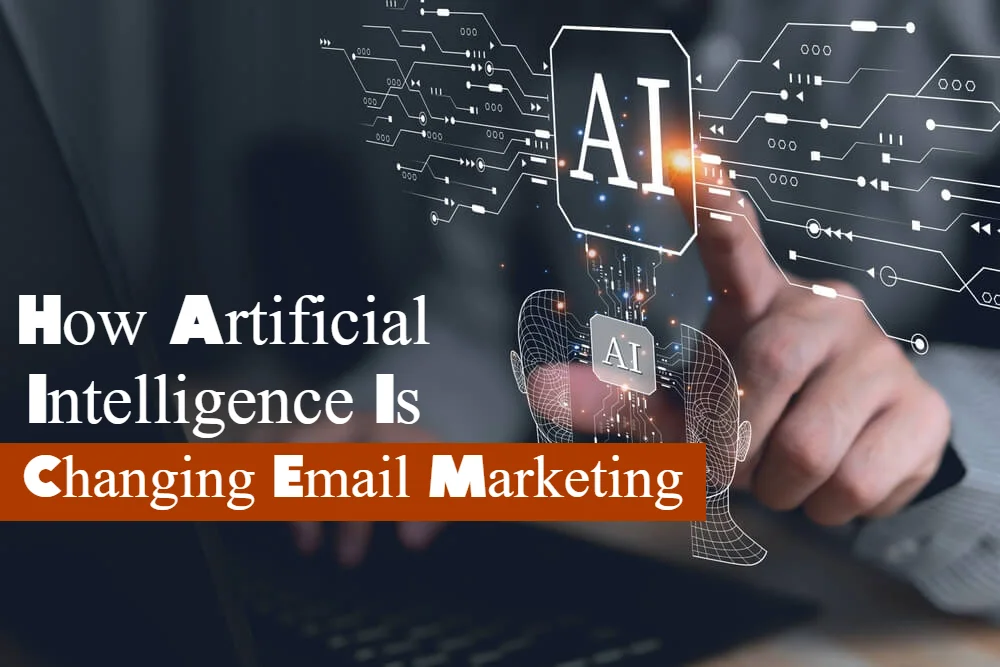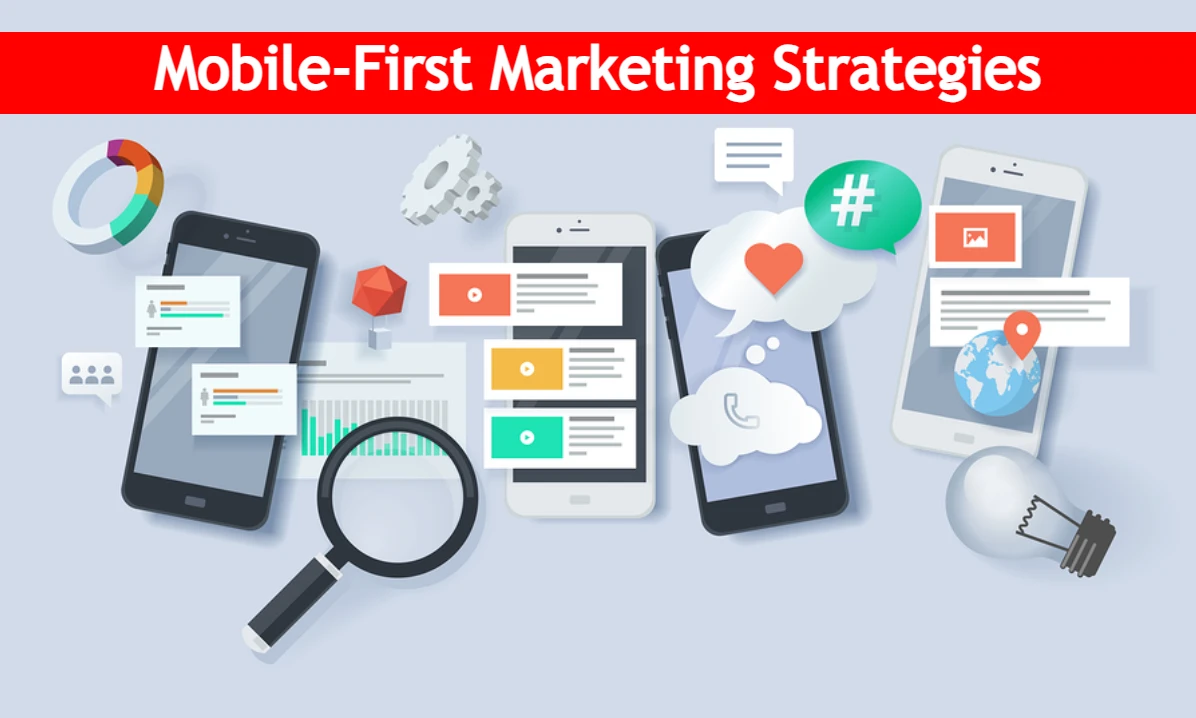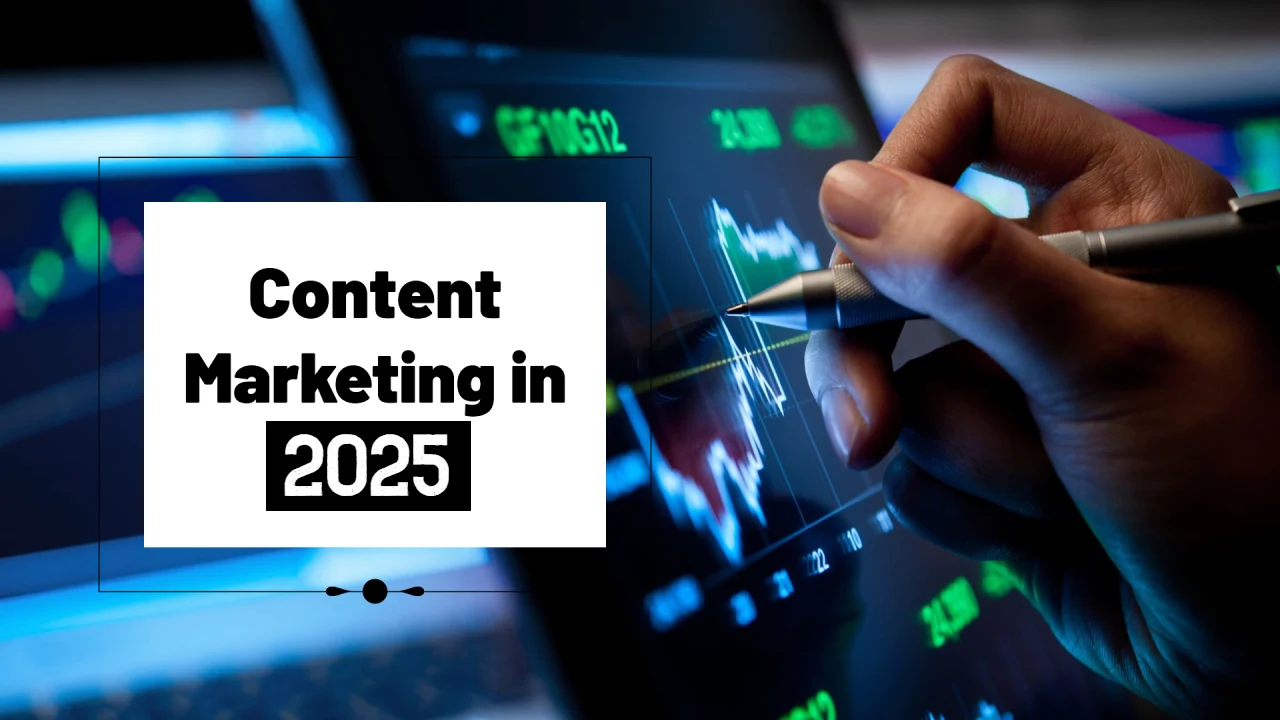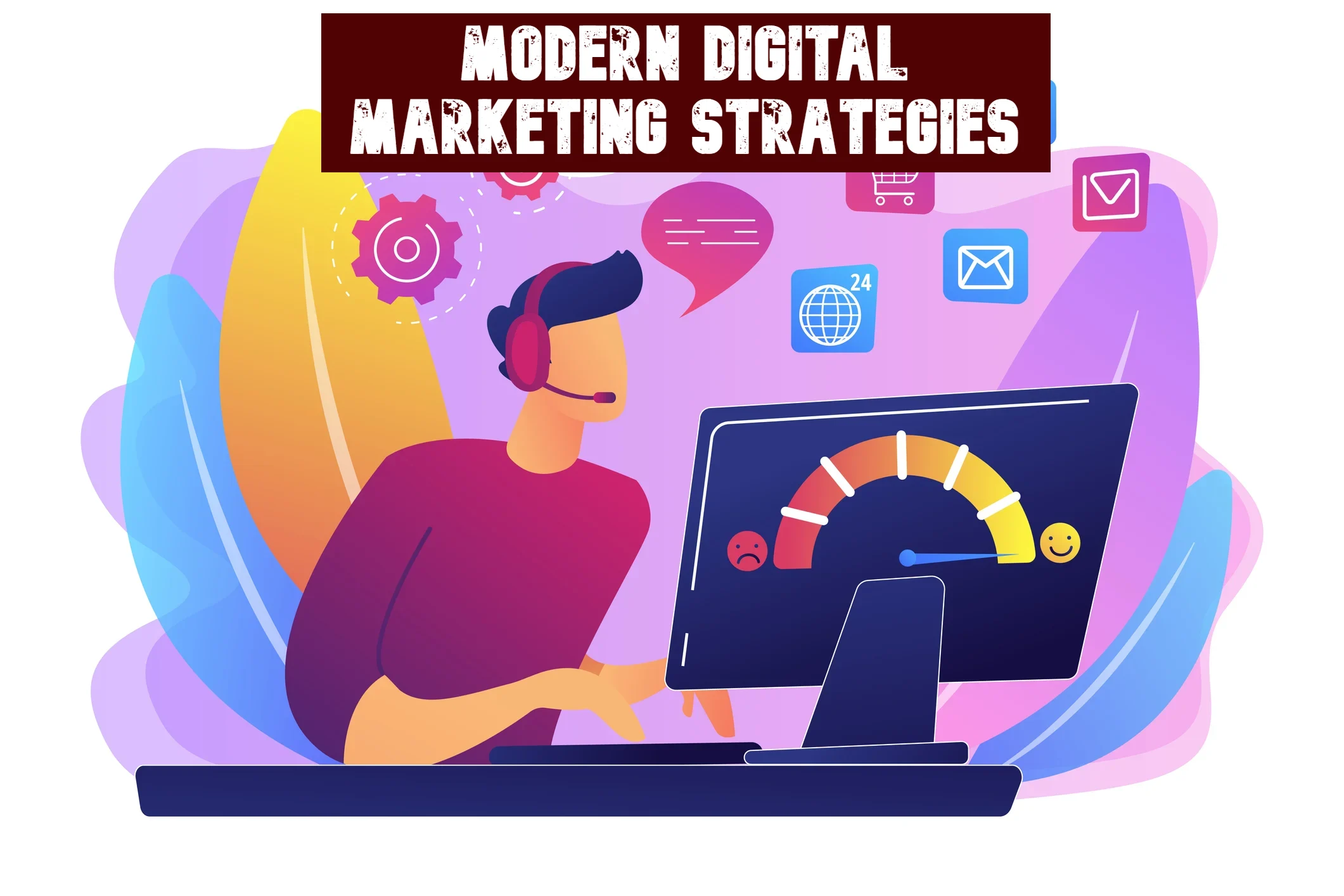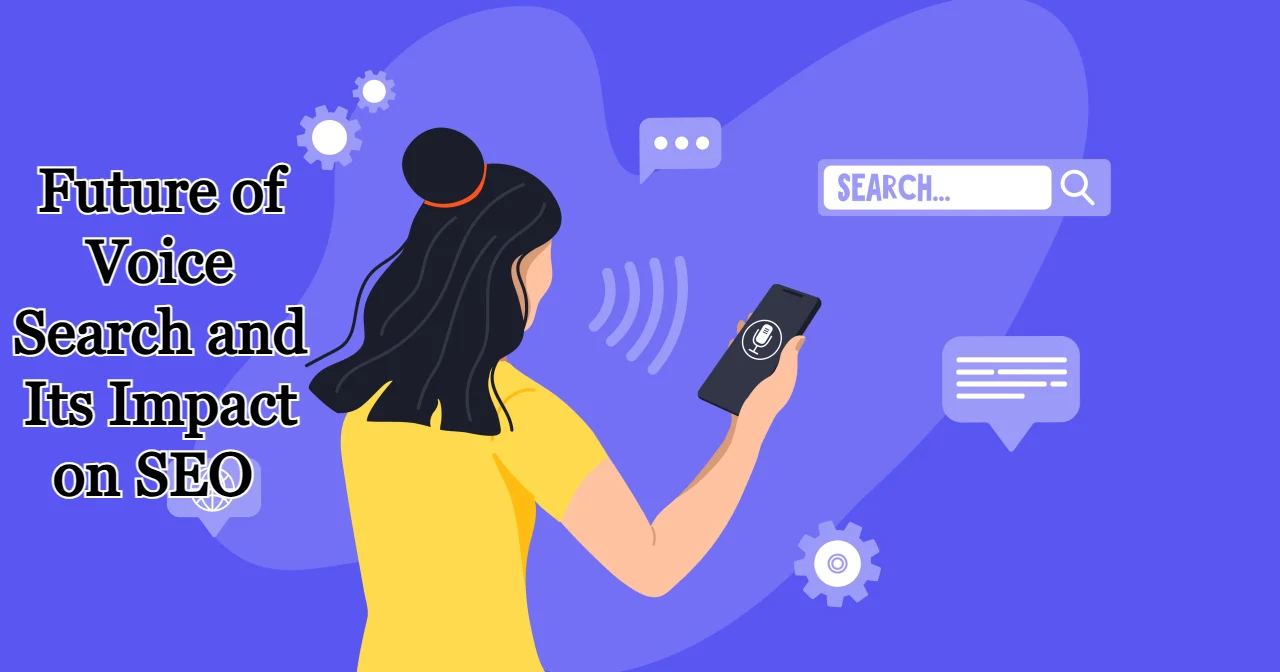
SEO vs. SEM: Which is More Effective for Your Business?
SEO vs. SEM: Which is More Effective for Your Business?
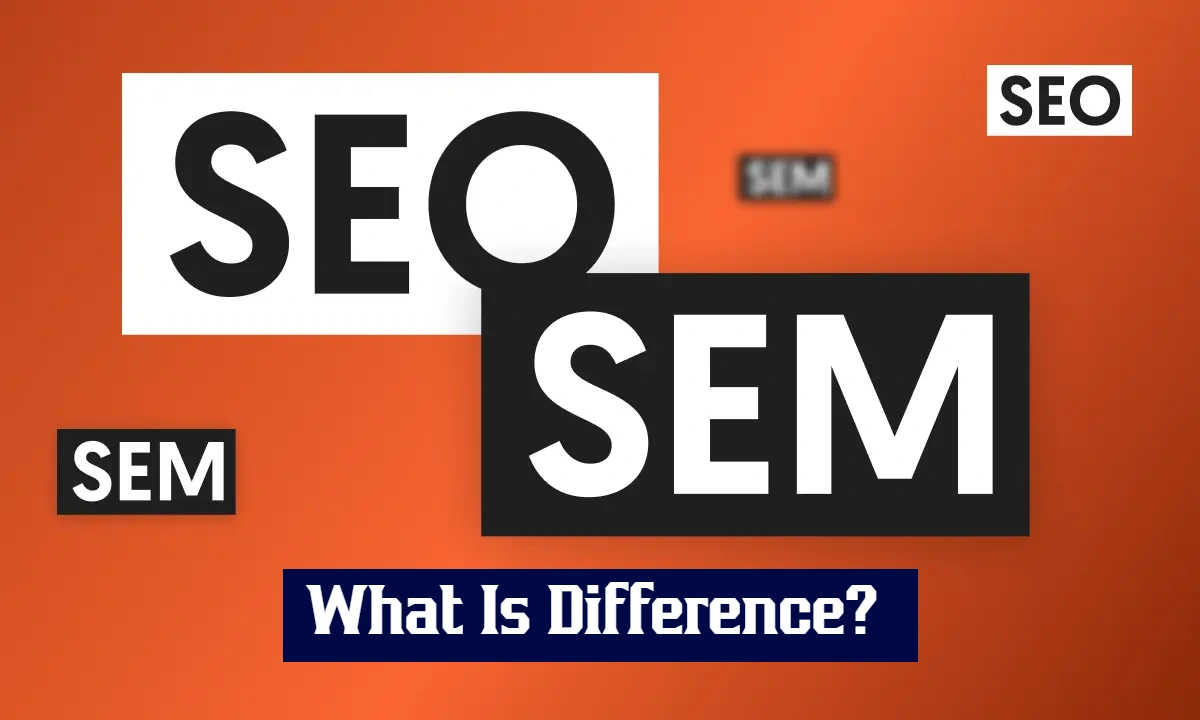
While search engine marketing (SEM) emphasises on using both natural and sponsored search tactics to get more traffic and higher ranks, search engine optimisation (SEO) is a strategy that concentrates on optimising your website to rank better in the search results.
Would like further knowledge about the variations between SEO and SEM? This blog post will compare the pros and cons of both approaches; hence, keep reading to find further information:
P.S. Enquiring about the search engine performance of your website? Get your free SEO score and audit by using our free SEO Checker tool, which also includes advice and tweaks to raise the SEO performance of your website!
What separates SEO from SEM?
SEO and SEM vary primarily in that SEO concentrates on maximising your website for better traffic and ranks from natural search results. SEM emphasises tactics for obtaining better ranking and exposure as well as organic and paid search optimisations.
Note that Google's search results consist of two main categories: paid search results and organic search results, therefore helping one to grasp this crucial difference.
Getting your website higher on the organic search results is the aim of SEO. Websites shown below the sponsored ones are the organic search results. Stated differently, you do not pay to place in the organic results.
SEM aims to have your website ranked in both paid and natural search results. The first three websites that show up when you search are paid search results; their "Sponsored" tag above the page title marks this.
Paid search is sometimes referred to as pay-per-click (PPC) advertising. Therefore, SEM is essentially a general phrase that covers PPC and SEO, hence SEO is under the cover of SEM.
SEO against SEM: Essential characteristics
Discover the salient characteristics of every marketing channel underlined below:
Search engine optimisation is what?
SEO is a digital marketing tactic whereby your website is constantly improved for better organic, non-paid search results.
To increase your search engine optimisation on your website and all throughout the web, SEO calls for a lot of varied operations. Usually, these pursuits fit either one of two categories:
- On-page SEO—that is, efforts at page speed improvement, title tag update, or fresh blog post publication—that take place on your website. Regarding on-page SEO, you really have total control.
- Optimising social media profiles, posting material, or doing outreach—all of which fall under off-page SEO—occurs off your website. When it comes off-page SEO, you have some but not much influence.
- Technical SEO: Improvements to enable Google and other search engines crawl and index your website. It can cover internal linking and page speed enhancement.
Usually, a few important SEO chores consist in:
Maximising page titles and meta descriptions
- Research and analysis of key words
- Site and server optimisation
- Content generation and improvement
Using these techniques and others we haven't mentioned, you tell search engine visitors exactly what to expect from your page and then deliver with your body content, multimedia, and other site components. This demonstrates to your guests that your company is astute and sensitive to the demands of your consumer base.
PPC stands for what?
In SEM, PPC is a type of advertising whereby, in the case of search engines like Google, you pay for website clicks from prominent platforms.
PPC uses multiple strategies, much like SEO does, including:
- Your account structure—which goes from account to campaign to ad group to ad—helps your company maximise its ad expenditure and organise its marketing strategy. Ads about women's trainers, for instance, should generally occupy the same ad campaign.
- Your bid will decide how much, at most, your business will spend for a click on your ad. Certain systems, such as Google Ads, provide automated bidding choices that will enable your company to reach its particular objectives while still keeping within your ad budget.
- Your Quality Score, a Google Ads-specific metric, shows the calibre and relevance of your advertisement. A high quality score results in improved ad placements and a c
Cost-per- click (CPC).
- Your ad assets span your copy to your graphics to your video. Optimising your ad assets helps your company more likely to produce relevant advertising raising your click-through rate (CTR).
- Knowing PPC will enable you to develop your own advertising as well as assist you dissect the SERPs and grasp what information businesses pay for.
Semantic Error Management:
SEM is a broad word used to describe SEO as well as several paid advertising techniques run inside search engines.
Popular SEM techniques include some:
- PPC Local SEO Display advertising
- Product promotion or shopping
- Recollection
Research the several ad platforms—including Google Ads, Microsoft Advertising, and Facebook Advertising—should you intend to employ SEM instead of SEO. This allows you to maximise your advertisements for the best performance by learning how they grade and present ads, all the while producing natural content that also generates results.
How long does it take to get results—SEO against SEM?
Regarding how long SEO takes and how long SEM takes, SEO and SEM differ really clearly:
- SEO: Three to six months
- SEM: Instant, that is as soon as your adverts start
- Your turnabout time for results can be influenced by several elements.
Your SEM campaign can, for instance, not yield immediate results. To better target and raise your conversion rates, you could thus need a few weeks of advertising data. Alternatively, depending on establishing backlinks or addressing problems from an SEO audit, your SEO campaign could demand even more time.
SEO against SEM: Cost-wise, what difference exists?
Additionally varying based on their costs is SEM and SEO.
Usually, nevertheless, a typical mid-sized company will spend the following in SEO and SEM:
- SEO: 500 to 7,500 monthly
- SEM: $9,000 to $10,000 monthly
Using SEO means you won't pay anything to rank in the natural search results or when someone clicks on your page. Thus, there are certain expenses you could run even if you won't have to pay Google or another search engine anything to get those great results.
For instance, could pay for search engine optimisation tools to track the state of your website. Either from your own team or from an expert SEO business like WebFX, SEO can also be quite labour-intensive to reach those natural ranks.
SEM pricing means you pay for your paid search or PPC adverts upfront. Although PPC will probably show some fast results, you should be aware that your advertising will vanish and your traffic will decline when you stop paying for PPC ads.
But once you start ranking with SEO, you're essentially set and you won't have to spend much time or money keeping those ranks.
Which should you apply—SEO or SEM?
Although most of the time SEO is the recommended solution, some instances might profit more from SEM than from SEO.
Use SEO, for instance, when:
- Starting to see traffic, leads, and online sales takes three to six months.
- You wish to employ a digital marketing plan free from reliance on a monthly ad budget.
- You have the time and means (or those of your SEO agency) to control SEO proactively.
By contrast, you should apply SEM when:
- You must right now create leads, traffic, or sales.
- You want to be visible in highly competitive search results without waiting on SEO.
- You have the time, tools, and money to run your advertising weekly.
Generally speaking, your choice between SEM and SEO will rely on your goals and desired speed.
Right for you is SEO or SEM?
Not sure whether SEO or SEM would be appropriate for you? Here we have responded to enquiries including "what is the difference between SEO and SEM," "what are the benefits of SEO and SEM," and more. You are not alone, though, if you still find yourself unsure about which approach to employ.
The objectives of your marketing plan will define the response to that question. In a perfect world, your website would have a great, high-performance SEO plan integrated into a larger SEM campaign.
Targeting dozens of important demographics, hyper-focused local advertisements reaching individuals close to your brick-and-mortar stores, and an advanced, AI-powered remarketing campaign giving customised product recommendations to visitors arriving to your site via search, you would also have PPC campaigns.
One can have a perfectly optimised digital marketing campaign with components of SEM.
While that might not be possible for every company, starting with two of the more often used SEM channels—SEO and PPC—is a terrific place to start. You can start reeling in fresh clients and expanding your firm by starting both paid and unpaid channels of reach inside search and development!
